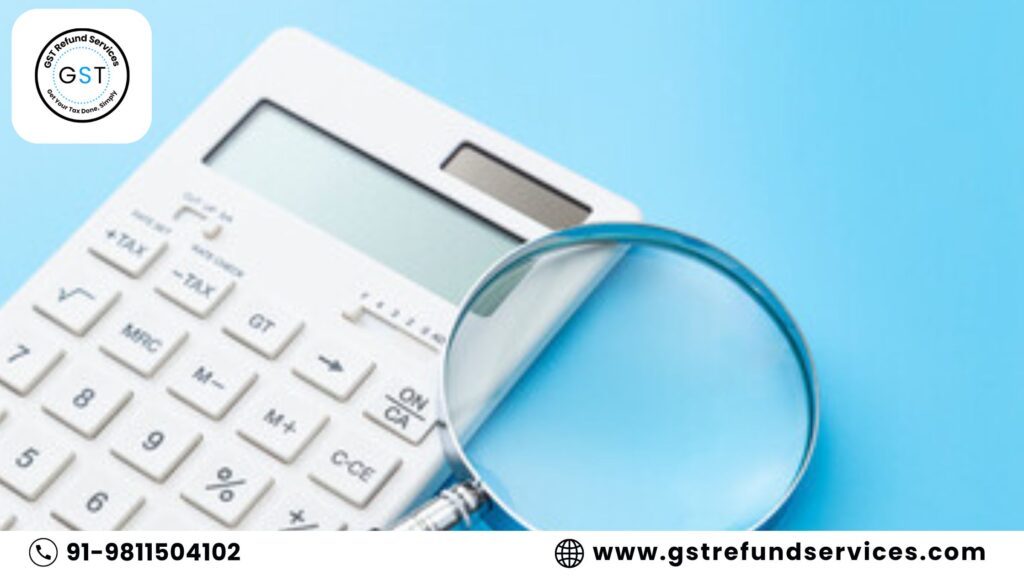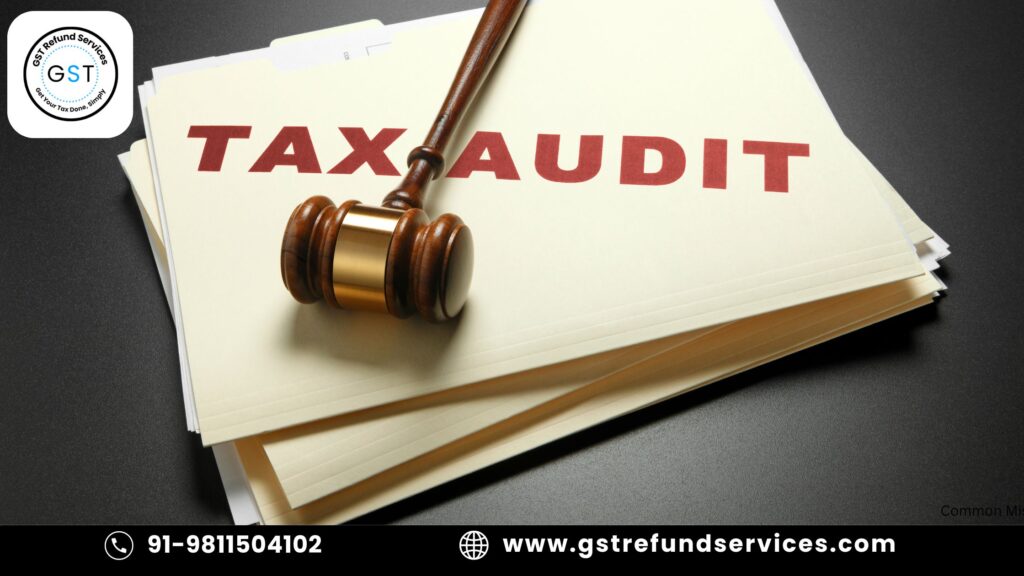
Businesses need to be more careful than ever in 2024 to be ready for tax audits. The GST landscape is changing, and tax authorities are scrutinizing you more and more, so being ready is essential. Although a tax audit is often a difficult procedure, you can maintain compliance and handle it with ease if you have the appropriate planning and strategy in place. These are some crucial pointers and methods to help your company get ready for a 2024 tax audit.
1. Recognize the Audit’s Scope
Learn about the goals and scope of the audit before it starts. Input tax credit claims, accompanying documents, and your tax returns are all reviewed during tax audits to ensure compliance with GST requirements. Acquiring knowledge about the auditors’ primary emphasis might aid in the preparation of pertinent documentation and information.
2. Review and Organize Documentation
Accurate and organized documentation is crucial for a successful audit. Ensure you have the following documents readily available:
- Financial Statements: Balance sheets, profit and loss statements, and cash flow statements.
- GST Returns: Copies of GSTR-1, GSTR-3B, and any other relevant filings.
- Invoices and Receipts: Both sales and purchase invoices, including supporting documents for input tax credit claims.
- Bank Statements: Reconcile your bank statements with your financial records to ensure accuracy.
Organize these documents systematically, preferably in digital format, for easy access during the audit.
3. Consolidate Your GST Returns
Confirm that your GST returns match your financial statements. Inconsistencies between your monthly/quarterly returns (GSTR-1, GSTR-3B) and the annual return (GSTR-9) can result in audit questions. Regular reconciliation assists in identifying and solving problems before they become a problems during an inspection.
4. Confirm input tax credit claims.
Examine your input tax credit (ITC) claims to ensure they are authentic and accompanied by adequate documentation. Ensure that
ITC Claims: These are only applicable to qualified purchases.
Invoices should match the information in your GST returns.
Compliance: All ITC claims are consistent with the most recent GST rules and laws.
5. Conduct Internal Audits
Regular internal audits can help you identify potential issues before the tax authorities do. These audits should include:
Compliance Checks: Ensure adherence to GST regulations and internal policies.
Record-Keeping: Verify that all records are accurate and complete.
Tax Calculation: Review the calculation of taxes and ITC claims.
Internal audits help in proactively addressing issues and improving your overall compliance.
6. Train Your Team
Ensure that your finance and accounts team is well-versed in GST regulations and audit procedures. Regular training sessions can help them stay updated with the latest changes and best practices. A knowledgeable team is crucial for efficiently handling audit queries and providing accurate information.
7. Consult with a tax professional
Consider hiring a tax specialist or consultant who specializes in GST and tax audits. They can offer significant insights, assist with documentation, and guide you through difficult audit processes. Their experience can help your company remain compliant and prepared.
8. Ensure transparency and cooperation.
During the audit, be open and cooperative with the auditor. Promptly provide them with the needed documents and information. Address any questions or concerns they may have, and keep communication open throughout the process.
9. Implement best practices.
Adopt best practices for record-keeping and compliance to reduce audit risks:
Regular updates: Stay current on GST regulations and modifications.
Accurate Data Entry: Ensure that all data entries are accurate and consistent across records.
Efficient Processes: Streamline your processes for maintaining and retrieving documents.
10. Plan for post-audit actions for Tax Audit.
The audit, analyze the findings and take the appropriate actions based on the auditor’s recommendations. Address any discrepancies or anomalies that have been detected, and put corrective procedures in place to prevent them from occurring again. Document these actions to show your dedication to compliance.
Preparing for a tax audit takes diligence, planning, and a proactive mindset. By following these ideas and tactics, you can ensure that your company is ready for an audit and minimize potential disruptions. Remember that proper preparation not only facilitates a smooth audit process, but it also reaffirms your commitment to compliance and transparency. For assistance with your GST filings and audit preparations, contact GST Refund Services. Our team of experts is here to help you navigate the complexities of tax audits and ensure your business remains compliant and efficient.


